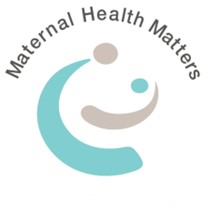Evidence-based medicine does not mean ignoring the respect, sensitivity, kindness, and compassion due a person.

“In evidence-based medicine (EBM), the individuality of patients tends to be devalued, the focus of clinical practice is subtly shifted away from the care of individuals toward the care of populations, and the complex nature of sound clinical judgement is not fully appreciated.”
This statement is at the heart of respectful maternity care.
This paper discusses six potential ‘biases’ in EBM that may lead to inadvertently devaluing the individuals and carers hopes and disregard of the experience of those receiving healthcare.
· Bias 1: Most published research has had minimal consumer/patient input
· Bias 2: EBM’s hierarchy of evidence devalues the individual consumer/patient experience
· Bias 3: EBM conflates consumer/patient -centredness with use of shared decision-making tools
· Bias 4: Power imbalances can suppress the consumer/patient’s voice
· Bias 5: EBM over-emphasises the clinical consultation
· Bias 6: EBM is concerned mainly with people who seek care
To reduce these ‘biases’, EBM should embrace people’s involvement in research, make more systematic use of individual (‘personally significant’) evidence, take a more interdisciplinary and humanistic view of consultations, address unequal power dynamics in healthcare encounters, support patient communities, and address the inverse care law.
At the heart of evidence-based medicine is a person, whose informed decisions have long been recognised as paramount.
Hence, we prefer the term evidenced informed care as this allows for the consumer perspective to be considered.
#mattersmaternal
https://bmcmedicine.biomedcentral.com/articles/10.1186/s12916-015-0437-x?report=reader
